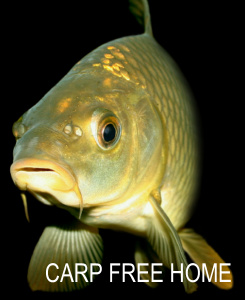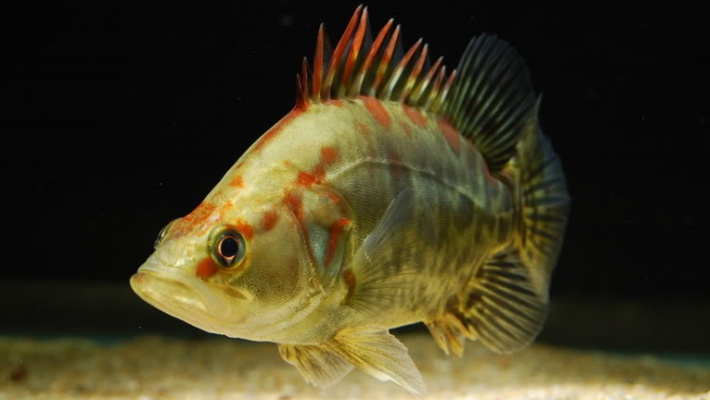|
The
appearance of artificial, seminatural and modified natural fishing baits can be
dismatched with their taste. In the laboratory experiments described below, we
have tested the responses of model fish to baits of this kind.
Juvenile
induviduals of wild common roach, Rutilus
rutilus, tench, Tinca tinca,
crucian, Carassius carassius, and home
goldfish, Carassus auratus, of about
5,0-5,5 cm standard length, were used in the experiments. Each fish were
trained individually to eat seminatural sideswimmers, Gammarus lacustris, of calibrated 6,0-6,1 mm length, within 10 days
in order to form an acquired search image, visual and gustatory, in respect of
this food. Then modified sideswimmers, with the taste of white worms, Enchytraeus albidus, earthworms, Lumbricus terrestris, molluscs, Unio pictorum, and grey meat-fly larvae,
Sarcophaga carnaria, were offered for
comparison.
Seminatural
sideswimmers were prepared of natural amphipods by soaking them in pure alcohol, within 12
hours, and subsequent rinsing in pure flowing water, within 2 hours.
Then soaking prey were placed
into the mess of crushed
natural amphipods for 12 hours, to return them the
(semi)natural taste. In other four cases, soaking amphipods were gustificated
for the same 12 hours in the mess of white worms, earthworms, molluscs and grey
meat-fly larvae, respectively.
Note,
seminatural and modified amphipods had the same pale color.
Fish
were trained to eat seminatural amphipods which were offered one by one through
the transparent glass tube in the aquarium cover. Fish noticed the sinking amphipod and
fell behind it. When the sinking amphipod appeared out of the tube, fish grabbed
it, tested some time, spitting and grabbing, and ate or ignored.
After
10 day training, fish usually ate each seminatural amphipod immediately,
without test spittings, or after no more than 1-2 spittings. However, when an
amphipod with an unfamiliar taste was offered, this picture changed. The number
of spittings increased dramatically, up to 12-16 and more during the first
familiarization. Fish mostly rejected an unusual amphipod,
then returned to it to test again and so
on. In general, about 10 days of training were needed in order to return the
number of test spittings to the minimum, that is to 0-2 spittings.
No
differences were observed between natural amphipods and amphipods with the
restored taste.
Methodically,
small crustaceans have sufficiently strong covers
and keep their shape during the foregoing manipulations. It seems that this technique is
more usable than the agar-agar gel technique used in similar research (for review, see Kasumyan & Døving, 2003).
In
the second part of the foregoing experiments, soaking amphipods were
impregnated in the moistened commercial groundbaits. Silver X Roach and Silver
X Bream groundbaits, produced by Dynamite Baits Co., were used. Fish tested
these amphipods for longer time and mostly ignored them, in comparison with
amphipods with the alien but natural taste.
In
fishing practice, unfamiliar taste of groundbaits and baits lead to their
overrunning (through prebating), their losses and, in final sum, to the water
eutrophication.
Basic References
Kasumyan A.O., Døving K.B. 2003. Taste preferences in fishes. Fish and Fisheries 4, 289-347
|








 SUBSCRIBE
SUBSCRIBE


